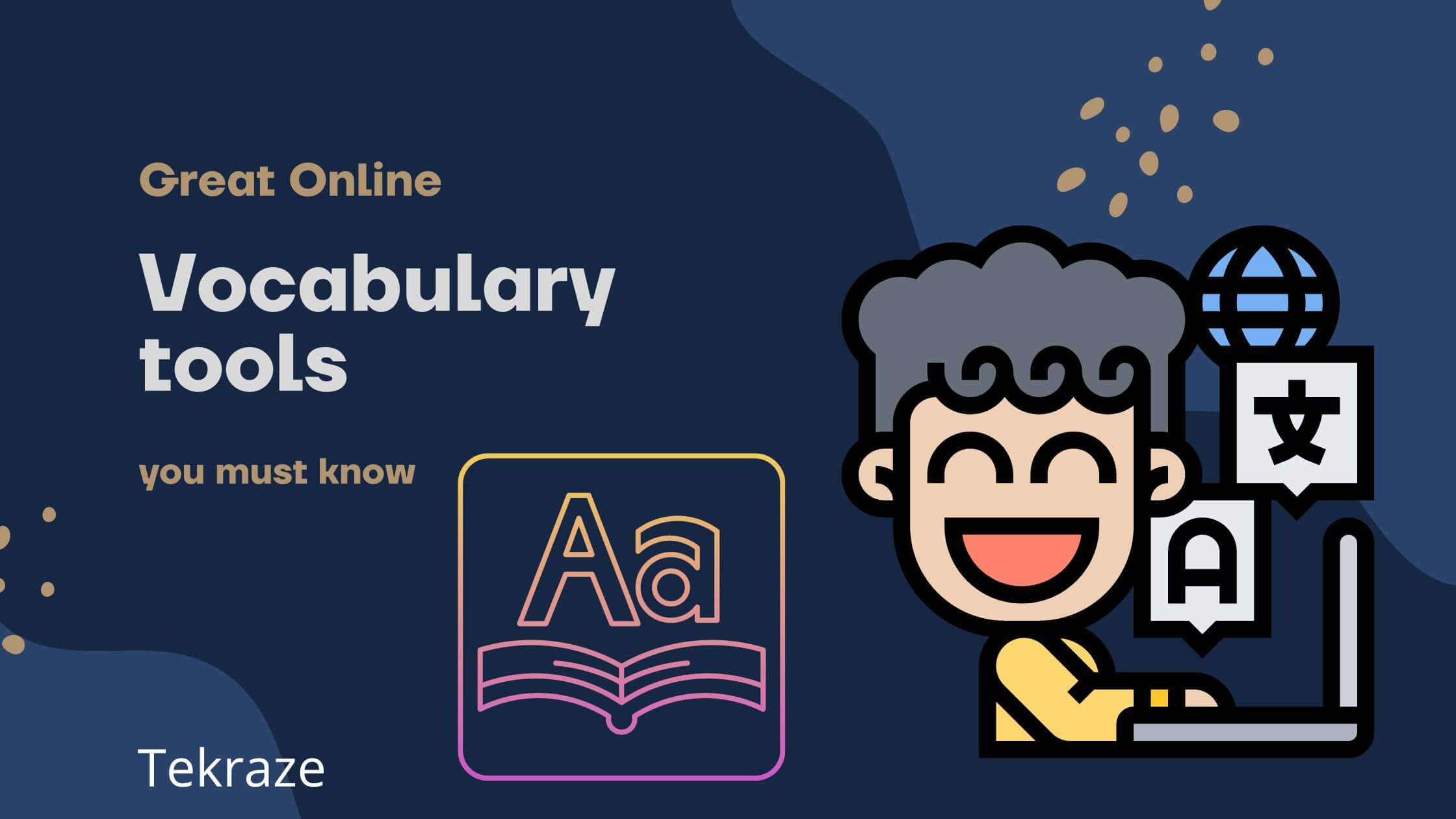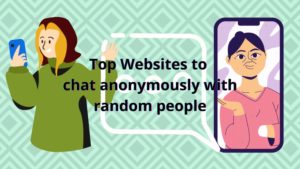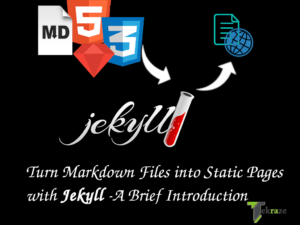Vocabulary is crucial for learning as it informs comprehension and fluency which are both tied to achievement. Additionally, a broad vocabulary is important for writing, reading, listening, and conversing. There are traditional ways to teach students, but many of them require a lot of effort on both the student’s and instructor’s part. Digital tools that help the teaching and learning of new vocabulary have become essential in learning environments, both at home and at school. In this article, we will be looking at several online tools that can help with learning and teaching new vocabulary.
Word Hippo
Word Hippo combines several tools in one so that learners can learn much more than the spelling of words. When you enter a word on this reference tool, it will define it, provide its meaning, show a word with an opposite meaning, show you how the word is pronounced, and provide words that rhyme with the root word. It also shows you passages where the root word is used contextually.
Because of all that it does, Word Hippo is not only a great tool for learning about a single word, but it can also be an incredibly useful tool for learning about related words, too.

Unscramble
Word games are one of the best ways to learn new words, and this is why Scrabble is so popular among kids learning new words. Instead of making them competitive, they can instead be used as crucial tools for learning new words.
When playing these games, the players are given letters they have to unscramble to create words that they then use in the game. If you have a string of letters that do not seem like they form any of the words you know, you can use tools like unscramble to find words you can form using these letters.
Unscramble is a useful tool outside word games because it helps you unscramble strings of up to 15 letters and so you or a student can go exploring to see what new words you can form. Just enter the letters and let the tool show you what words you could come up with.
Padlet
Padlet is a teaching tool for both in-person and virtual learning. It works by allowing learners to add new words they have learned onto the platform as notes. They can then add additional notes surrounding those new words such as their meanings and translations.
Learners can also add drawings or example sentences so the instructor can look at them and see whether the learners are using the new words correctly and effectively. By learning how to use the word properly by themselves or through corrections provided by the instructors, learners grasp new vocabulary much faster.
Wordnik
Wordnik is a thesaurus with a twist. It places images related to the word a learner searches for alongside the definition. Learners can also find related words and hear how they are pronounced.
Apart from these features, Wordnik also has “Word of The Day” and “Random Words” sections so users are always learning whenever they visit the platform.
Vocabulary Spelling City
With many teachers now acknowledging the benefits of learning gamification, the number of learning games has increased. Vocabulary Spelling City is one such game. Instructors can enter a list of four related words in different categories such as analogies or compound words.
Students can then pick from four activities that include spelling, sentence writing, phonics, and vocabulary where they analogies the ones shown.
Vocabulary Spelling City has free and paid versions, although the free version is still adequate for most learners, parents, and instructors.
Improving your vocabulary helps students communicate better, whether verbally or in written form. A good vocabulary is not only about passing exams, but it is also a skill that can benefit learners long into their futures.








